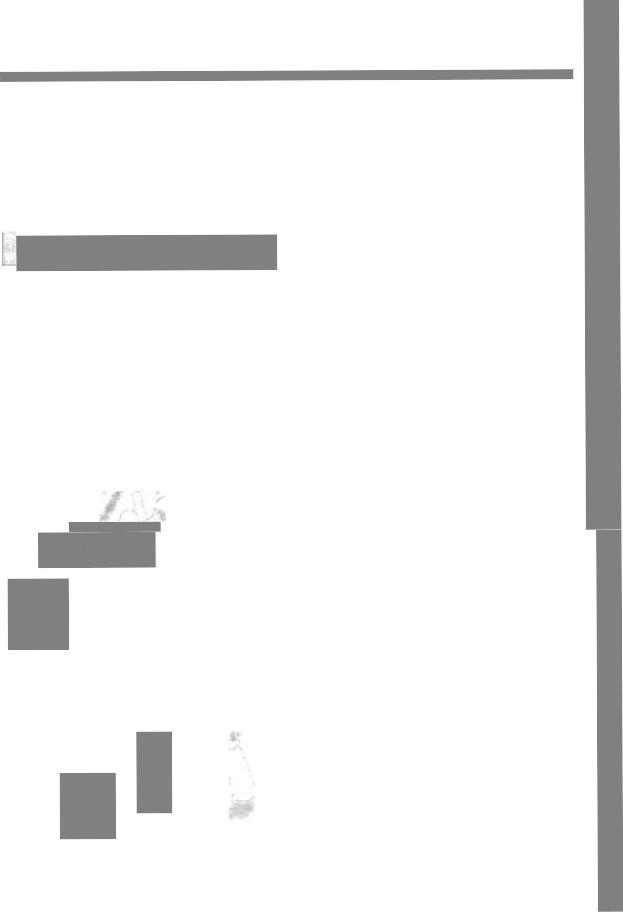
Stella_Cottrell_Critical_Thinking_Skills_Deve
.pdf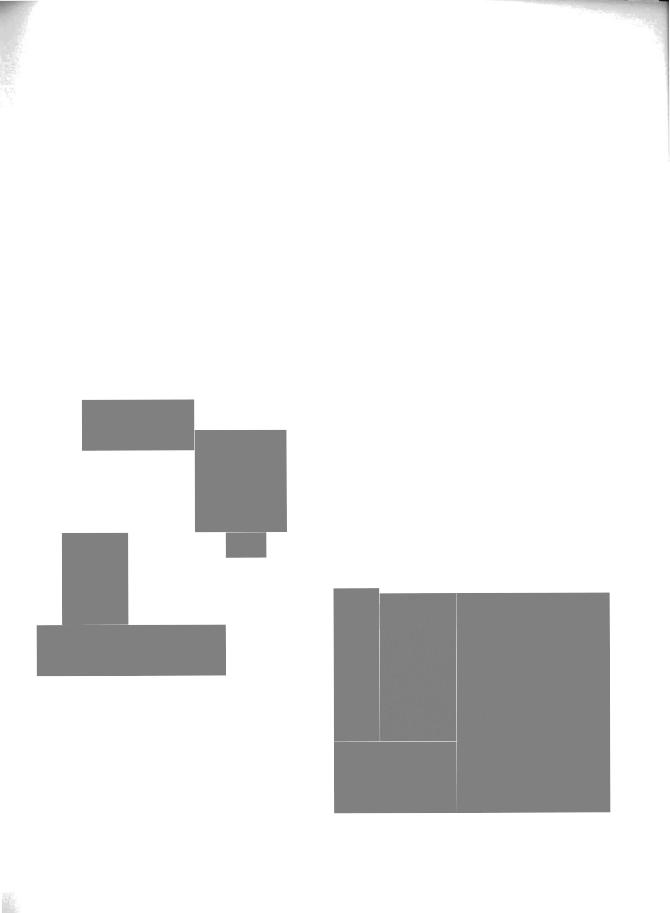
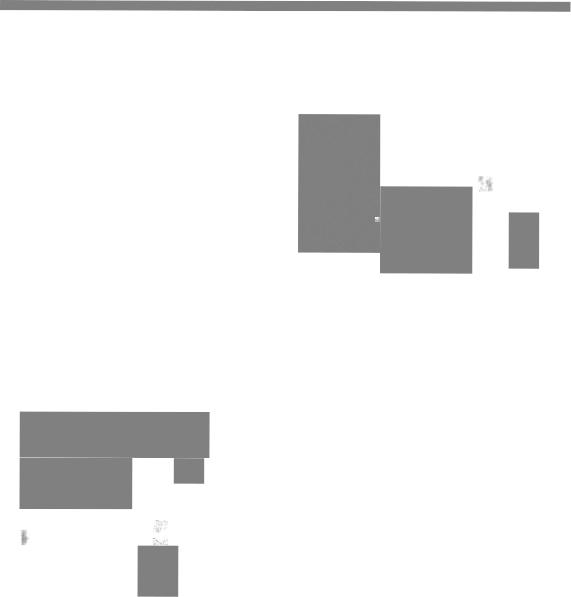
Barriers to critical thinking (1)
Critical thinking does not come easily to everyone. Barriers vary from person to person, but can usually be overcome. This section looks at some key barriers to critical thinking and encourages you to consider whether these might be having an impact on you.
Misunderstanding of what i s meant by criticism
Some people assume that 'criticism' means making negative comments. As a result, they refer only to negative aspects when making an analysis. This is a misunderstanding of the term. As we saw above, critical evaluation means identifying positive as well as negative aspects, what works as well as what does not.
colour, emotion, conceptual development, originality - it'slop-sided and hasn'tgot
Others feel that it is not good to engage in criticism because it is an intrinsically negative activity. Some worry that they will be regarded as an unpleasant sort of person if they are good at criticism. As a result, they avoid making any comments they feel are negative and make only positive comments. They may not provide feedback on what can be improved. This is often an unhelpful approach, as constructive criticism can clarify a situation and help people to excel.
to Napoleon as 'she'throughout. What a marvellously unique and creative approach!
Over-estimating our own reasoning abilities
Most of us like to think of ourselves as rational beings. We tend to believe our own belief systems are the best (otherwisewe wouldn't hold those beliefs) and that we have good reasons for what we do and think.
Although this is true of most of us for some of the time, it isn't an accurate picture of how humans behave. Most of the time our thinking runs on automatic. This makes us more efficient in our everyday lives: we don't have to doubt the safety of a tooth-brush every time we brush our teeth.
However, it is easy to fall into poor thinking habits. People who get their own way, or simply get by, with poor reasoning, may believe their reasoning must be good as nobody has said it isn't. Those who are good at winning arguments can mistake this for good reasoning ability'. Winning an argument does not necessarily mean that you have the best case. It may simply mean that your opponents didn't recognise a poor argument, or chose to yield the point for their own reasons, such as to avoid conflict. Imprecise, inaccurate and illogical thinking does not help to develop the mental abilities required for higher-level academic and professional work.
1 0 |
Critical Thinking Skills |
O Stella Cottrell (ZOOS), Critical'Titinking Skills, |
Palgrave Macmillan Ltd
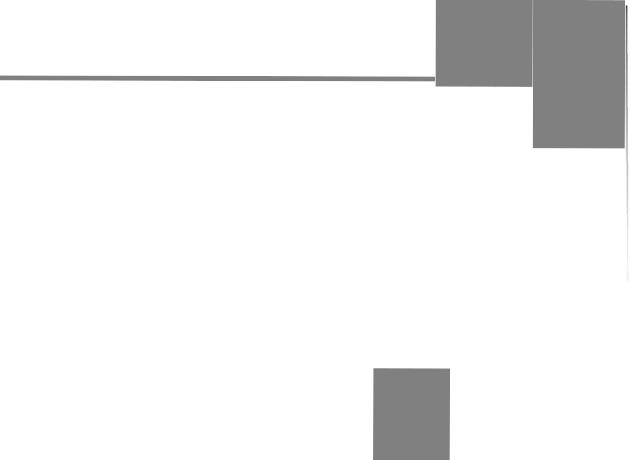
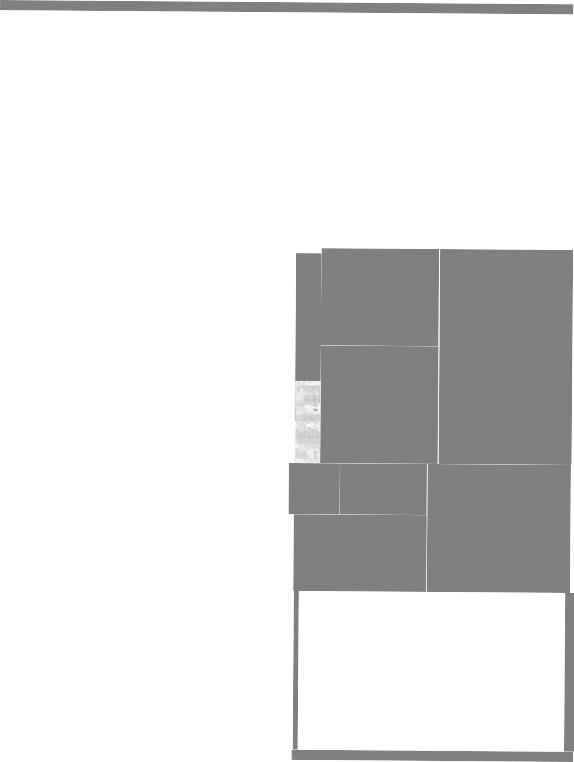

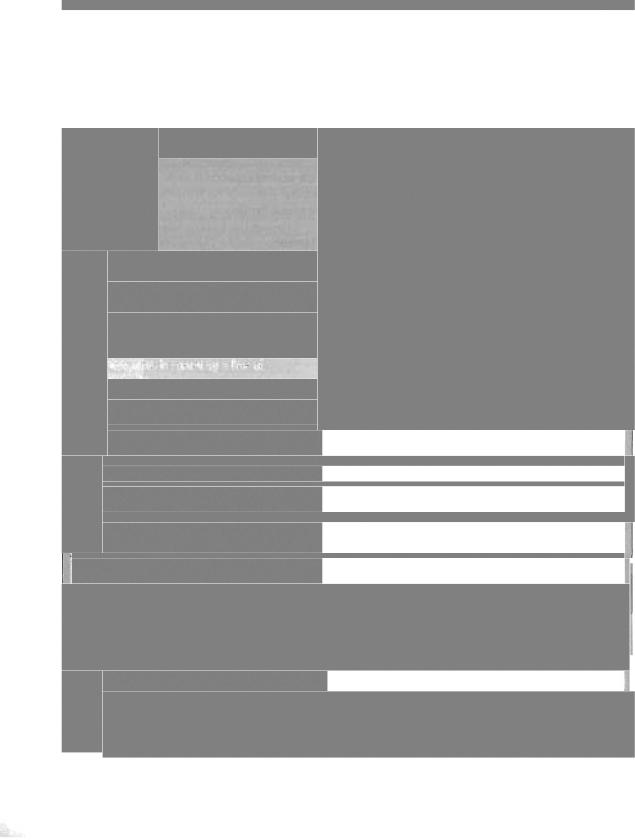
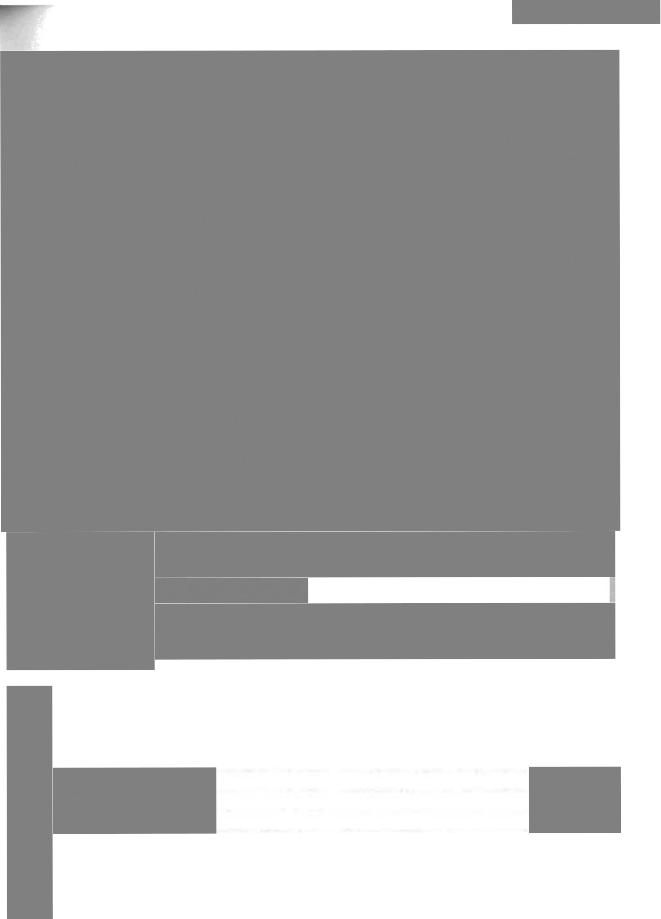

Critical thinking is a process that relies upon, and develops, a wide range of skills and personal qualities. Like other forms of activity, it improves with practice and with a proper sense of what is required. For some people, this may mean changing behaviours such as paying attention to detail or taking a more sceptical approach to what they see, hear and read. Some need to focus on developing critical thinking techniques, and this is the main purpose of the book.
For others, weaknesses in critical thinking abilities may stem from attitudes to criticism, and anxiety about potential consequences. Barriers associatedwith attitudinal and affective responses to critical approaches were considered in this chapter. Sometimes, it is sufficient to become more aware of these barriers, and to recognise the blocks to effective thinking, for the anxiety to subside. If you find that these difficulties persist, it is worth speaking to a student counsellor about your concerns. They will be familiar with such responses and may be able to help you to find a solution that fits your personal circumstances.
Developing good critical thinking skills can take patience and application. On the other hand, the rewards lie in improved abilities in making judgements, seeing more easily through flawed reasoning, making choices from a more informed position and improving your ability to influence others.
Having undertaken an initial personal evaluation of your critical thinking skills, you may now wish to follow up the prioritiesyou identified. This is a particularly useful approach if you have already worked on your critical thinking skills. If you are new to critical thinking, you may find it useful to progress directly to Chapter 2 in order to test, and practise, your underlying thinking skills. Alternatively, proceed now to Chapter 3 and work through the chapters in turn.
16 |
Critical Thinking Skills |
6 Stella Cottrell (ZOOS), Critical TIzinkingSkills, |
Palgrave Macmillan Ltd

Chapter 2
How well do you think?
Develop your thinking skills
I |
This chapter offers you opportunities to: |
I |
|
||
|
identify foundation thinking skills which contribute to critical thinking |
|
|
assess your recognition of patterns and your attention to detail |
|
|
practise focusing attention |
|
Introduction
We use basic thinking skills in everyday life, usually with little difficulty. However, many people find it difficult to apply these same skills automatically to new contexts, such as more abstract problem-solving and academic study. This is partly because, although people use these skills in contexts familiar to them, they are not always sufficiently aware of the underlying strategies that they are using so as to be able to adapt them to new circumstances. The more used we are to applying skills easily in one context, the more difficult it can be to identify the underlying skills.
Critical thinking skills are based on underlying sets of thinking skills such as:
focusing attention so as to recognise the significance of fine details;
using attention to fine detail in order to recognise patterns, such as similarities and differences, absence and presence, order and sequence;
using recognition of pattern in order to compare and contrast items and to predict possible outcomes;
sorting and labelling items into groups, so that they form categories;
using an understanding of categories to identify the characteristics of new phenomena and make judgements about them.
These skills are not only useful for critical thinking in academic and professional life, but are tested as part of the procedures for selecting job applicants for interviews.
The next pages provide several short selfassessment activities for you to assess how good you are already at these skills. If you find the assessment easy, then progress to a chapter that is more useful for you. Otherwise, use the rest of this chapter to practise these skills further.
How well do you think? 17
